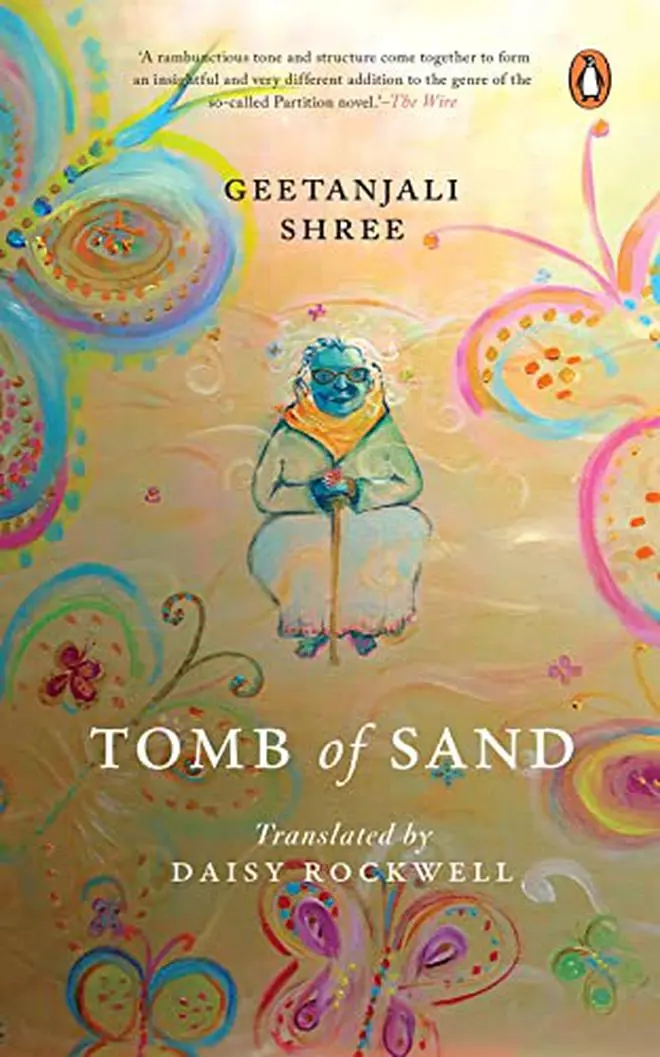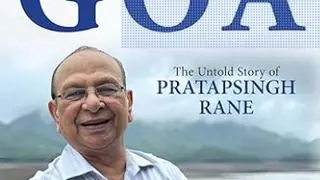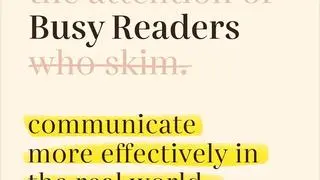“It’s like winning the Oscars of literature,” says an exultant Kanishka Gupta of Writer’s Side, the literary agent who represents Daisy Rockwell, the Vermont-based American translator of Geetanjali Shree’s novel Tomb of Sand, that has won this year’s International Booker Prize.
India woke up this morning to the news that Shree’s Hindi novel had become the first book in any Indian language to win the prestigious award. Originally released as Ret Samadhi in 2018, the English translation of the novel that joyfully traces the unconventional lease of life an elderly woman gets was published by Penguin India in March 2022 for the south Asian market.
Tomb of Sand is the story of an 80-year old woman who slips into depression at the death of her husband, but then comes out of it to tackle life once again. Based on a tragic premise, the story however has a playful tone and exuberant wordplay. At the same time, it is an urgent and timely protest against the destructive impact on borders and boundaries, whether between religions, countries, or gender.

Heaping accolades on the book, the judges called it a “joyous cacophony” and an “irresistible novel”.
“We were captivated by the power, the poignancy and the playfulness of Tomb of Sand, Geetanjali Shree’s polyphonic novel of identity and belonging, in Daisy Rockwell’s exuberant, coruscating translation,” said Frank Wynne, chair of the judging panel.
Although he said he was not surprised, over the phone Gupta sounded rather dazed by the big win. “Daisy agonized over the translation for years,” he reveals. “But she told me this book was an epic and the Hindi equivalent of James Joyce’s Ulysses,” he says.
Receiving the award in London, Shree too said it was a bolt from the blue but a nice one! “I am still reeling. I never dreamt of the Booker, I never thought I could. What a huge recognition. Tomb of Sand is an elegy for the world we inhabit, a laughing elegy that retains hope in the face of impending doom. The Booker will surely take it to many more people than it would have reached otherwise.” The Delhi-based writer has written three other novels and several story collections.
Gupta discloses there are huge challenges for an Indian language book to get nominated for a Booker, as the prerequisite is to be published in the UK. Fortunately, Tilted Axis Press founded by translator Deborah Smith to champion Asian literature published it in the UK, having received a grant for the same.
Will it lead to a wave of translations? Gupta says yes, publishers might be more open now to translation pitches. Though he says this win could be a double edged sword, as it raises the bar on quality very high. “Daisy is a practiced translator – she eats, breathes, lives translations,” he said. Her 2019 translation of Krishna Sobti's A Gujarat Here, A Gujarat There got the Modern Language Association's translation prize, he points out.
Calling it a landmark day for Indian publishing, Meru Gokhale, Publisher, Penguin Press, Penguin Random House India, said, this win honours Geetanjali Shree’s genius, and Daisy Rockwell’s brilliant translation. Just as excitingly, it also opens up possibilities for so many other writers and translators who I hope will now reach international readers.’
The shortlist for the 2022 International Booker Prize included six titles and was dominated by women writers.
The jury was chaired by Frank Wynne, an Irish literary translator from French and Spanish. The judging panel consisted of Merve Emre, Associate Professor of English Literature at the University of Oxford, Zimbabwean lawyer and writer, Petina Gappah, translator and author, Jeremy Tiang, and Viv Groskop, writer, critic, broadcaster and stand-up comedian.
Check out the book on Amazon








Comments
Comments have to be in English, and in full sentences. They cannot be abusive or personal. Please abide by our community guidelines for posting your comments.
We have migrated to a new commenting platform. If you are already a registered user of TheHindu Businessline and logged in, you may continue to engage with our articles. If you do not have an account please register and login to post comments. Users can access their older comments by logging into their accounts on Vuukle.